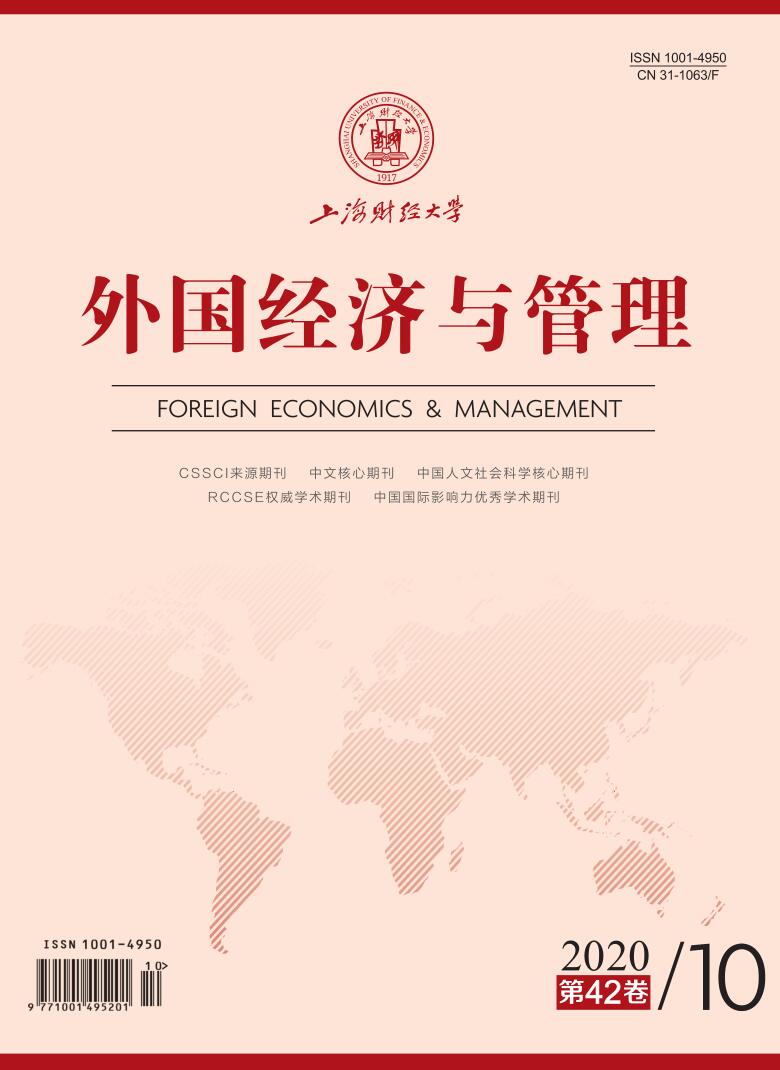Based on the characteristic of controlling persons, this paper studies whether the controlling persons with foreign residency rights will alleviate the distrust of stakeholders by engaging in corporate social responsibility. We find that compared with controlling persons without foreign residency rights, the controlling persons with foreign residency rights will take more corporate social responsibility. By specific situational tests, we also find that when the trust is needed, such as violation or lighter violation, the controlling persons with foreign residency rights will take more social responsibility; however, in the case of serious violation, due to the weakening of the signaling effect of social responsibility, there is no significant difference in taking corporate social responsibility, which reflects the strategic behavior of their social responsibility. Further study shows that when mortgaged assets are low, the controlling persons with foreign residency rights will take more social responsibility to add a credible commitment to stakeholders, and the controlling persons with foreign residency rights tend to engage in social donation and environmental responsibility which are perceived by the public more easily, rather than the other responsibilities with specific subjects.
Our paper makes contributions to four strands of the literature. First, this paper enriches the research on foreign residency rights. The existing literature mainly studies the impact of foreign residency rights on corporate tax avoidance and audit. This paper extends the research perspective to the field of social responsibility, complementing the economic consequences of foreign residency rights. Second, based on the perspective of “trust”, this paper studies the impact of the controlling persons with foreign residency rights on social responsibility, and tests it around this perspective. Considering the fact that the actual controller with foreign residency rights can leave the country after violation, this paper takes “enterprise violation” as the specific situation, and finds that under the situation of “after violation”, which needs more “trust”, the controlling persons with foreign residency rights will take more social responsibilities, which further proves the signaling effect of social responsibility and the basic role in the construction of corporate social trust. Third, by subdividing the field of social responsibility types, this paper expands the research on the instrumental effect of social responsibility. Fourth, existing studies mainly focus on the impact of mortgaged assets on corporate financing constraints. From the perspective of trust, this paper emphasizes the importance of mortgaged assets for creditors and other stakeholders to obtain credible commitment, and further studies the impact of mortgaged assets on the relationship between foreign residency rights and corporate social responsibility, which reflects that as a kind of credible commitment, mortgaged assets have a substitution effect on other credible commitment behaviors.
Taking social responsibility is an important way for firms to obtain or recover the “trust” of stakeholders. The signaling effect of social responsibility plays a fundamental role in the construction of corporate social trust. In reality, foreign residency rights make enterprises face the “distrust” of stakeholders, and taking more social responsibility can alleviate this “distrust” by releasing positive signals, which has screening significance for entrepreneurs with foreign residency rights, and is helpful for the decision-making and supervision of investors and regulatory authorities.






 11431
11431  6868
6868

